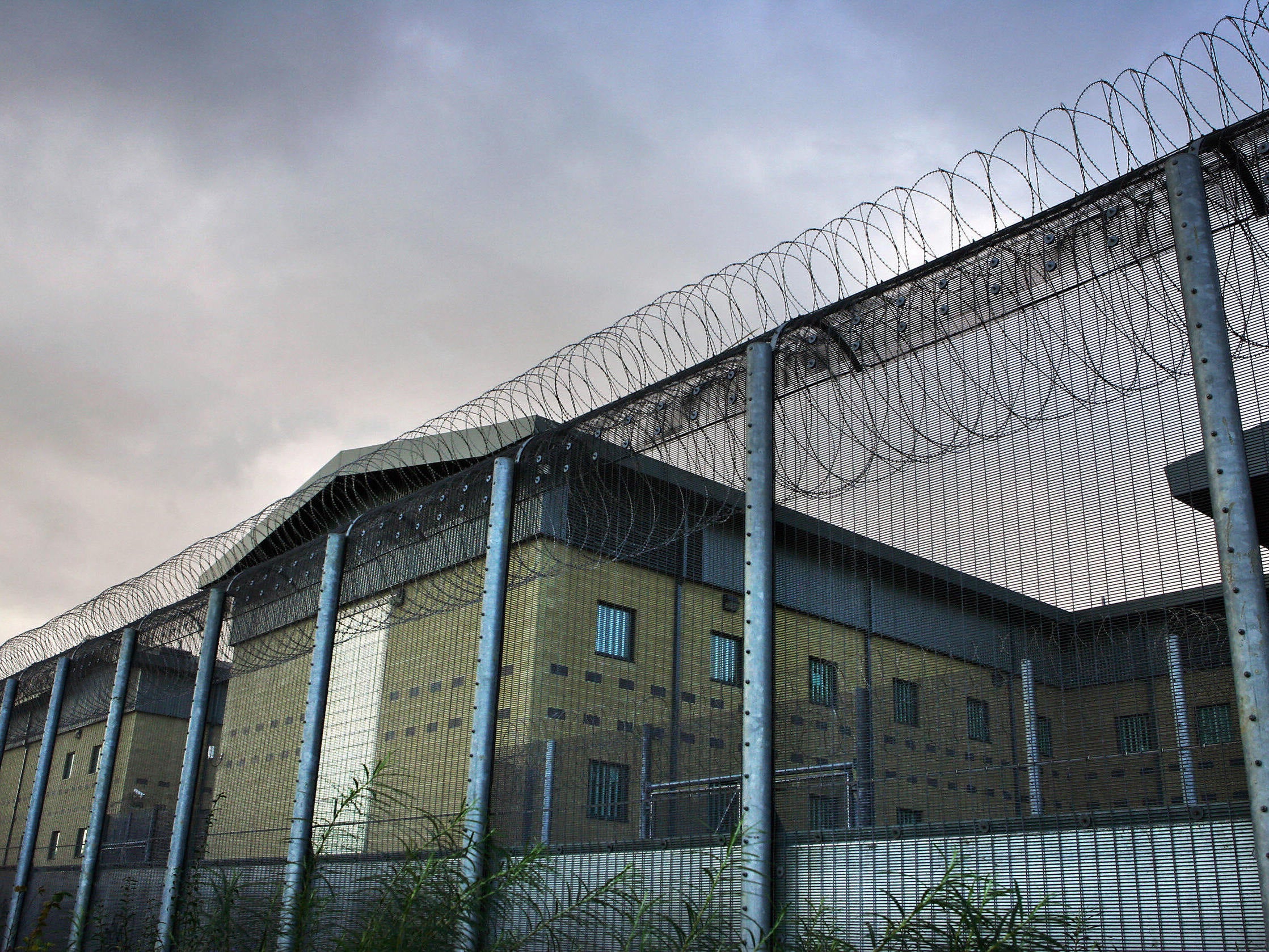Surge in trafficking victims leaving UK ‘voluntarily’ after being held in immigration detention, figures show
Lawyers concerned victims of exploitation being 'coerced into going home' despite their vulnerabilities

Your support helps us to tell the story
From reproductive rights to climate change to Big Tech, The Independent is on the ground when the story is developing. Whether it's investigating the financials of Elon Musk's pro-Trump PAC or producing our latest documentary, 'The A Word', which shines a light on the American women fighting for reproductive rights, we know how important it is to parse out the facts from the messaging.
At such a critical moment in US history, we need reporters on the ground. Your donation allows us to keep sending journalists to speak to both sides of the story.
The Independent is trusted by Americans across the entire political spectrum. And unlike many other quality news outlets, we choose not to lock Americans out of our reporting and analysis with paywalls. We believe quality journalism should be available to everyone, paid for by those who can afford it.
Your support makes all the difference.There has been a surge in potential modern slavery victims opting to return to their home countries “voluntarily” before they receive a trafficking decision from the UK authorities, new figures show.
Concerns have been raised by lawyers that people who have been exploited are being “coerced into going home” despite their vulnerabilities.
This follows a marked rise in the proportion of suspected victims recorded as “voluntarily returns” who were removed after having been detained.
The Home Office’s “voluntary returns service” is offered to people without UK status who wish to return to their country of origin, but growing use of the service by potential trafficking victims has prompted warnings that vulnerable people may feel feel pressured to agree to it.
Data obtained through freedom of information laws by data-mapping project After Exploitation shows that last year, 23 out of 43 (53 per cent) potential trafficking victims opted for this service after spending time in immigration detention.
They did so before they before they received a decision on whether they had been trafficked.
This marks a significant rise on the previous year, when just two out of 18 (11 per cent) voluntary returns took place after the potential victim had been detained.
The UK's framework for identifying victims of modern slavery is called the national referral mechanism (NRM).
If it decided that some is a potential trafficking victim, that individual is entitled to receive specialist support while the authorities make a decision about their status.
A ground-breaking report last month revealed people referred to the NRM had been detained in removal centres before the decision was made, in what charities said was a potential breach of the law.
The latest figures have fuelled concern that as a consequence of being detained, victims are made to fear the immigration authorities, and subsequently feel pressured to agree to leave the UK.
Pierre Makhlouf, assistant director of Bail for Immigration Detainees (BID), said the figures raised "serious concerns that vulnerable people are being coerced into going home through the punitive use of immigration detention”.
He added: “The idea that people are making decisions ‘voluntarily’ to leave the UK after having experienced time in immigration detention is questionable given the experiences of people who have been trafficked and who may also have been re-traumatised by their experience of immigration detention.
Director of After Exploitation, Maya Esslemont, echoed the remarks, saying: “Victims should not have to choose between fear of UK authorities and fear of the risks facing them in the original site of exploitation. We demand the government monitor what happens to victims of trafficking upon return, and release data on trafficking support, detention and deportation outcomes.”
A Home Office spokesperson said: “The government is committed to protecting the vulnerable and treating those in detention with dignity and respect - including identifying and supporting victims of modern slavery. The voluntary returns service includes help with reintegration and we work closely with other governments and organisations to ensure victims continue to receive support and to prevent re-trafficking.”
Join our commenting forum
Join thought-provoking conversations, follow other Independent readers and see their replies
Comments